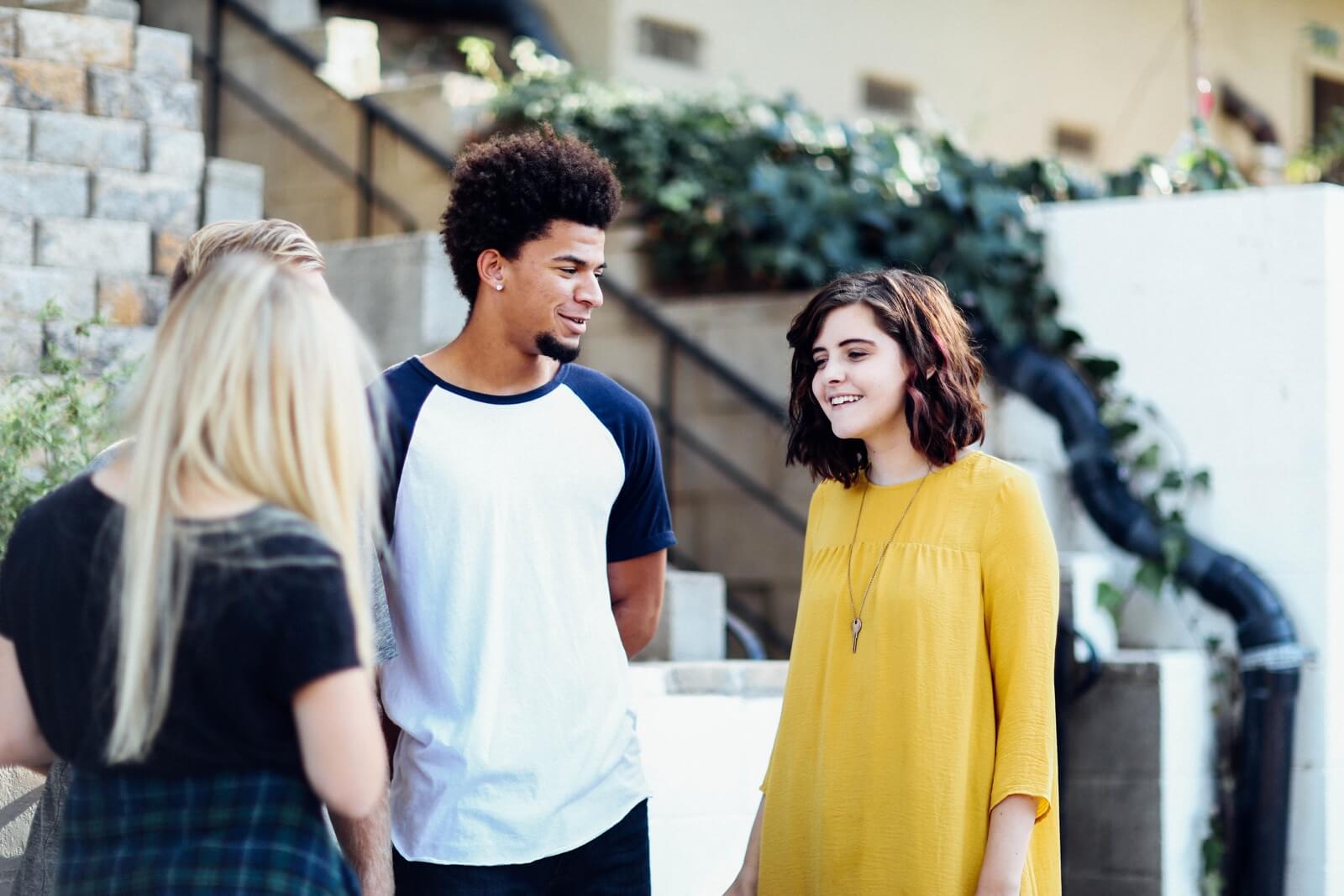Current PhD Students
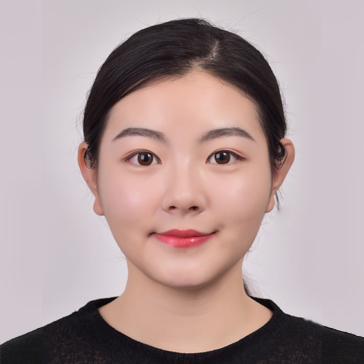
Jiali Zhang
VR for Intangible Cultural Heritage
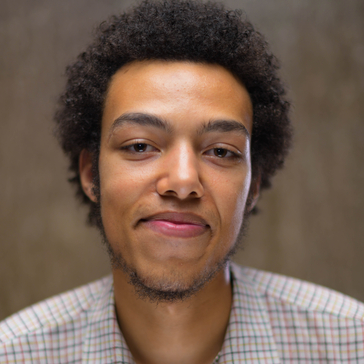
Ashley Noel-Hirst
Explainable AI for Music
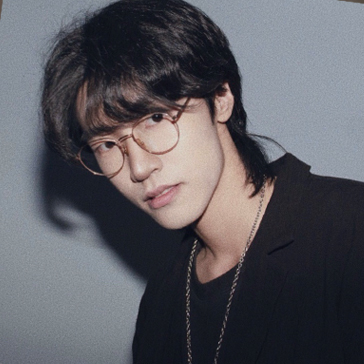
Shuoyang Zheng
XAI Neural Synthesiser Instruments
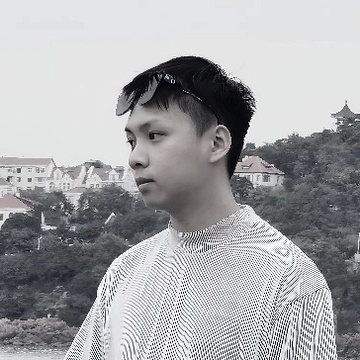
Muhan Xu
AI-assisted Academic Reading Tools
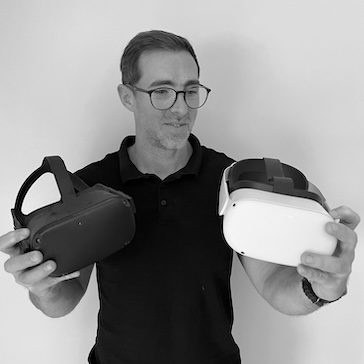
Carl Harrison
Experiential Learning in Mixed Reality Gaming
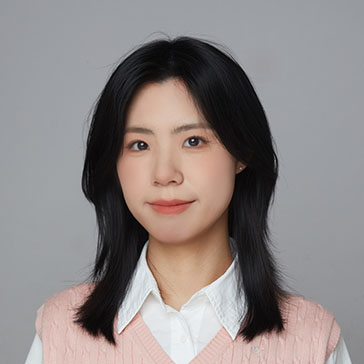
Yijing Yang
Generative AI for User Experience Design
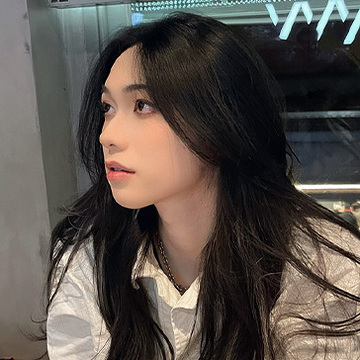
Mengzhi He
Exploring virtual identity through immersive-tech and non-human avatars in digital organic forms
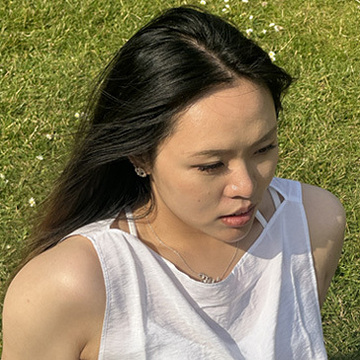
Ziqing Xu
Exploring real-time explainable AI music creation with novice musicians through deformable interfaces
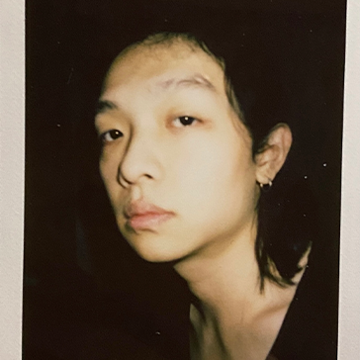
Zhou Zhou
Embodied Ethics and Agency in Dance-AI
PhD Graduates
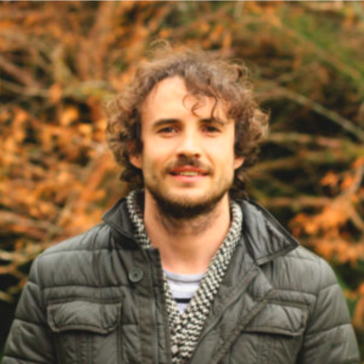
Teo Dannemann
2026, Co-SupervisorSabotaging Instruments: Mistakes as a Source of Creativity for Music Improvisation

Corey Ford
2025, SupervisorReflection in Creativity Support Tool Interaction
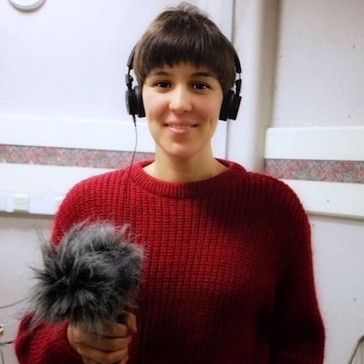
Nicole Robson
2025, Co-SupervisorExploring Audience Interaction and Engagement with Sound Installation Artworks
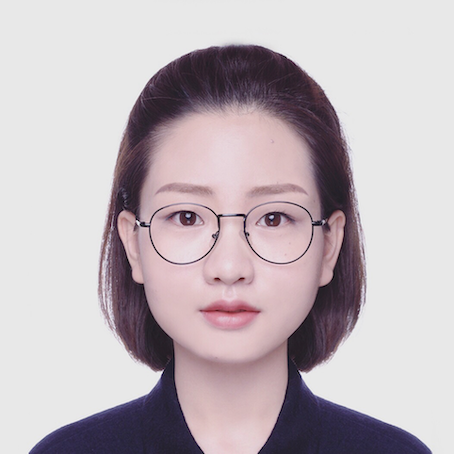
Mei Zhang
2025, SupervisorETextiles For Fashion Designers
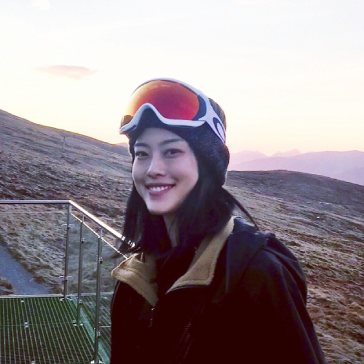
Jianing Zheng
2024, SupervisorDeformable Digital Musical Instrument Design

Francesco Soave
2023, SupervisorExploring how sound and haptics affect movement in Virtual Reality

Anto Daniele
2022, SupervisorLearning to model expressive gestures from automatic drawing techniques

An Liang
2022, SupervisorGarment-integrated smart textile sensor design for body movement
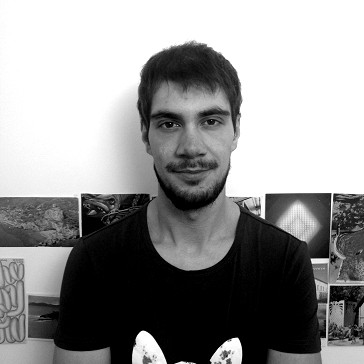
Hazar Emre Tez
2022, SupervisorInvestigating synchrony and co-dependency through design constraints in DMIs in expert music interaction
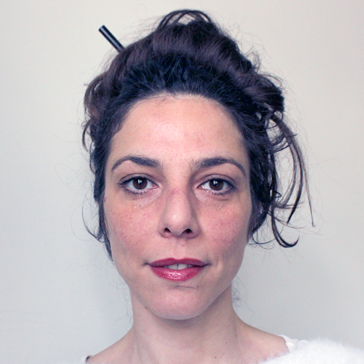
Antonella Nonnis
2021, SupervisorTangible Interactions for Children with Autism
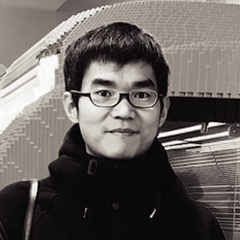
Liang Men
2020, SupervisorExploring Collaborative Music Making in Virtual RealityKatja Knecht
2019, SupervisorMicro-Atmospheres: Investigating Portable and Wearable Solutions to Support Individual Thermal Comfort in Open-Plan Offices
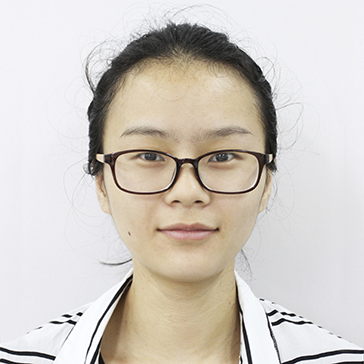
Yongmeng Wu
2018, SupervisorEngaging Creativity - Supporting Non-Musicians' Creative Engagement with Musical Interfaces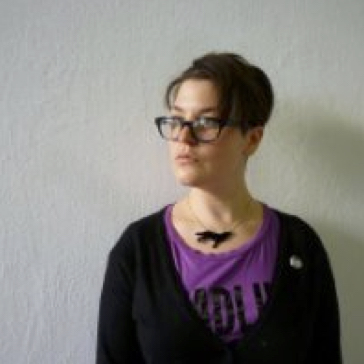
Astrid Bin
2018, SupervisorThe Show Must Go Wrong: Towards an understanding of audience perception of error in digital music instrument performance
Antonella Mazzoni
2017, SupervisorMood Glove: Enhancing mood in film music through haptic sensations for an enriched film experience
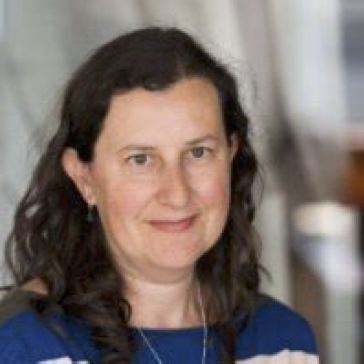
Sara Heitlinger
2016, SupervisorTalking Plants and a Bug Hotel: Participatory Design of ludic encounters with an urban farming community
Evan Morgan
2016, 2nd SupervisorMeasuring and Enhancing Affective and Behavioural Interaction During Collaborative Music Making

Ben Bengler
2015, SupervisorDesign and Evaluation of Collaborative Interactive Musical Experiences for Public Settings
David Meckin
2014, SupervisorDesigning Novel Technologies for Group Music Making by Young People Who Have Complex Needs
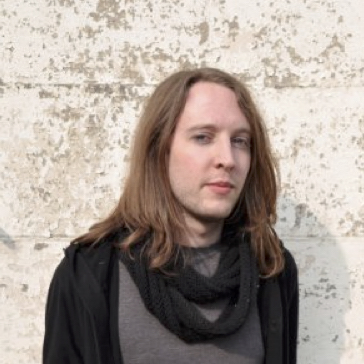
Robin Gareth Whiteley Fencott
2012, SupervisorMulti-person musicking

Tim Peter Erastus Murray-Browne
2012, 2nd SupervisorEvaluating interactive audio experiences

Oussama Metatla
2010, SupervisorInteractive sonification of diagrams
Shahin Nabavian
2010, SupervisorThe nature of collaborative composition

Dan Stowell
2010, 2nd SupervisorMaking music through real-time voice timbre analysis
Jean-Baptiste Thiebaut
2009, 2nd SupervisorSketching music: representation and composition

Andrew Robertson
2009, 2nd SupervisorInteractive real-time musical systems
Become My Student
My projects are all in the areas of Creative Computing and Human-Centred AI. All projects involve programming (some more than others). No projects necessarily require musical knowledge or experience.
KEYWORDS
Explainable AI, Creative AI, Sonic Interaction Design, UX Design for Creativity, Iterative Prototyping of Novel Creative Interfaces, UX Evaluation, Music, Interaction, HCI, Visualisation
PROJECT TOPICS
-
EXPLAINABLE AI FOR THE ARTS
A key challenge for Artificial Intelligence (AI) is the opaqueness of the datasets and AI models used, especially neural nets, which make them very difficult for humans to understand. This project will explore how user interfaces for creative domains of AI use can be designed to be more transparent and understandable. It will question whether conventional approaches to designing explainable AI are suitable for creative applications of AI, and if not, what alternative approaches to explanation are appropriate for creative domains. This would involve the user-centred design and evaluation of interactive visualisations of explainable models of AI, and will focus specifically on creative AI and digital media. The student would need to have or to develop skills in AI and Machine Learning as well as some skills or interest in HCI user study techniques and visualisation design. Digital media skills are not necessary but would be advantageous.
-
REIMAGINING INTANGIBLE CULTURAL HERITAGE
In 2019 I ran a workshop in China which focussed on the Duxianqin, a traditional a Solo String instrument popular in southern Guangxi and Vietnam, and explored the use of Digital Music Technology and Interaction Design to reimagine this one-stringed traditional instrument in a creative way. 3 reimagined Duxianqin were produced, and I have the augmented Duxianqin (Polyqin) here at QMUL. The project would involve co-design with musicians, rebuilding and expanding the digital elements of this reimagined instrument and testing it with musicians in their creative practice.
See the webpage for the project -
VR FOR INTANGIBLE CULTURAL HERITAGE
Project involves the co-design and evaluation of VR experiences in which users can interact with VR versions of traditional musical instruments in different interaction settings (e.g. museum vs. game-like setting). This project would involve building other traditional instruments and environments in VR and testing users' engagement with them to develop guidelines for the use of VR to increase access to, and engagement with, ICH.
-
VISUALISING CREATIVITY
Designing and evaluating interactive visualisations and data mining of patterns of human interaction with creativity support tools, e.g. in collaborative music making.
-
COLLABORATIVE MUSIC MAKING
Designing and evaluating collaborative music making interfaces e.g. online, or in VR, or physical interaction, or mixed reality.
